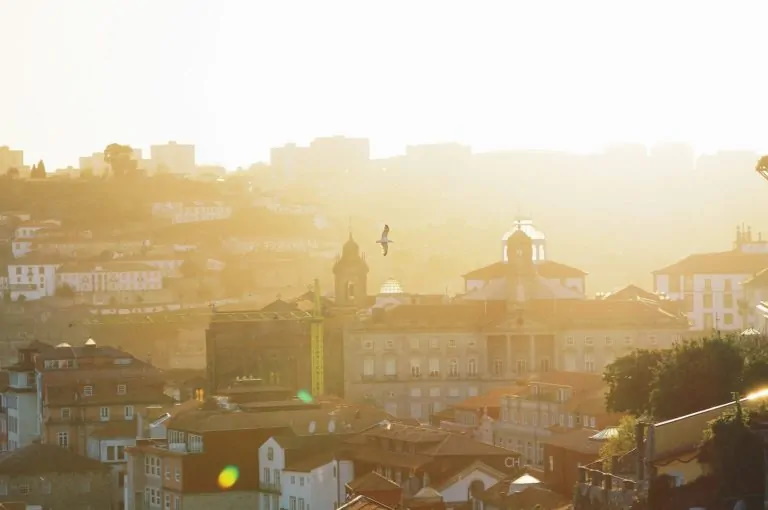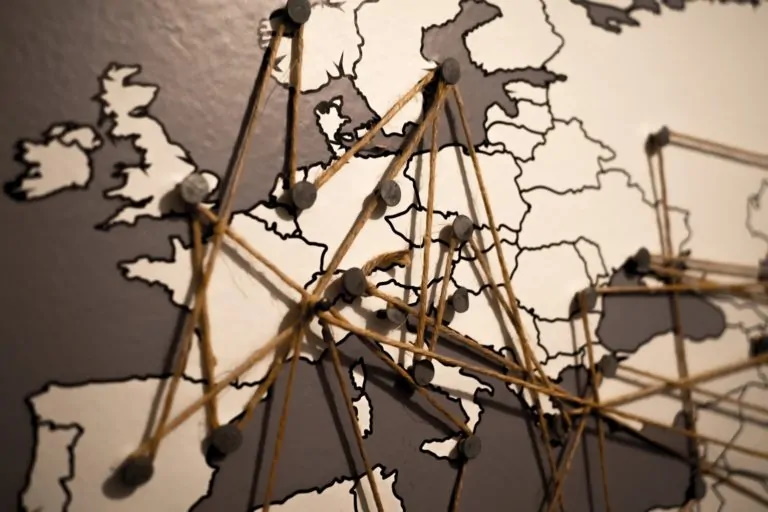Language and Portuguese Culture
Module 1
Portuguese as a foreign language
180 h
This module will be based on the Common European Framework of Reference for Languages: Learning, Teaching and Assessment (CEFR), 2001, which assumes a progression in six reference levels.
Levels A1 (beginner), A2 (basic) and B1.1 (intermediate I) will be considered.
- A1: Can understand and use familiar everyday expressions and very basic phrases aimed at the satisfaction of needs of a concrete type. Can introduce him/herself and others and can ask and answer questions about personal details. Can communicate in a simple way provided the interlocutor speaks slowly and clearly and cooperates.
- A2: Can understand sentences and frequently used expressions related to areas of most immediate priority. Can communicate simple tasks and routines requiring a simple exchange of information on familiar and routine matters. Can describe in simple terms the environment around him/her, and also mention matters related to immediate needs.
- B1.1: Can understand the main points and use clear, standard language on familiar matters. Can write about experiences and events and briefly give reasons and explanations for opinions and plans.
Note: Adaptation to students’ levels may be necessary depending on their proficiency in English.
Module 2
Portuguese Culture
60h
This course aims to introduce you to the culture, history and geography of Portugal in a practical and experiential way, identifying some Portuguese cultural experiences and visiting some emblematic places of the Portuguese culture and heritage.
Content
- Portugal: Geography and Nature: the ocean and its importance in culture and economy
Portuguese world heritage - Portuguese history and heritage: our main heritage symbols (from the Romans to contemporary times)
- Portuguese literature – the famous novelists
- Portuguese painters and architects
- Portuguese traditions (handicrafts and popular culture)
- Portuguese cinema
- Portuguese music (tradition and modernity)
- Portuguese gastronomy and wines – diversity (visit to Porto and Douro)
- The main cities and the countryside (historical villages)
- The city of Porto and the novelists (city tour)
- History, art and architecture of Porto (city tour)
Sightseeing:
Aveiro and Costa Nova: a place of fishermen and the Atlantic Ocean)
Braga: The Romans and the Christian Reconquest (D. Diogo de Sousa Museum)
Guimarães: Portugal cradle (visit to Paço dos Duques and the Castle)
Amarante and Amadeo de Souza Cardoso Museum)
Barcelos and the Museum of Handicrafts as an example of a visit

English Language and European Culture

Module 1
English as a foreign language
180 h
This module will be based on the Common European Framework of Reference for Languages: Learning, Teaching and Assessment (CEFR), 2001, which assumes a progression in six reference levels. Levels A1 (beginner), A2 (basic) and B1.1 (intermediate I) will be considered.
- A1: Can understand and use familiar everyday expressions and very basic phrases aimed at the satisfaction of needs of a concrete type. Can introduce him/herself and others and can ask and answer questions about personal details. Can communicate in a simple way provided the interlocutor speaks slowly and clearly and cooperates.
- A2: Can understand sentences and frequently used expressions related to areas of most immediate priority. Can communicate simple tasks and routines requiring a simple exchange of information on familiar and routine matters. Can describe in simple terms the environment around him/her, and also mention matters related to immediate needs.
- B1.1: Can understand the main points and use clear, standard language on familiar matters. Can write about experiences and events and briefly give reasons and explanations for opinions and plans.
Note: Adaptation to students’ levels may be necessary depending on their proficiency in English.
Module 2
European Culture
60 h
Content
- Europe: Geography and nature – the national parks and the fauna and flora
- European History (Construction of Europe, before the Romans, the Roman and Greek empires, classical culture, medieval Europe, modern times and modern-day Europe)
- Heritage and Art: From the earliest settlements to Contemporary Art. The artistic currents and the main heritage symbols
- European literature – the famous novelists of history
- European painters and architects
- European craft traditions and popular culture
- Diversity of gastronomy and wine
- Europe’s major cities
- Europe’s World Heritage Sites
- European cinema
- Music in Europe from classical to folk music
